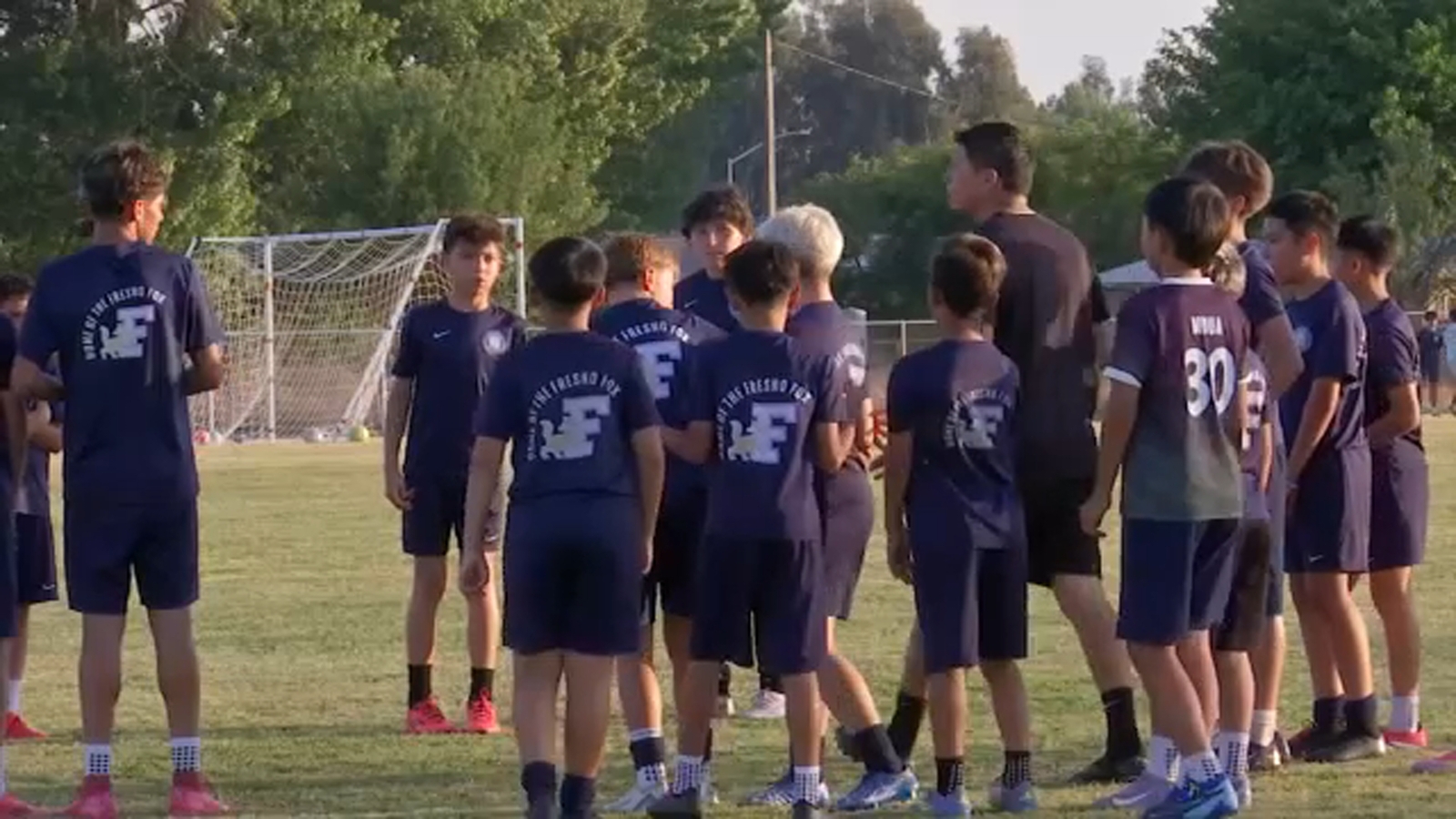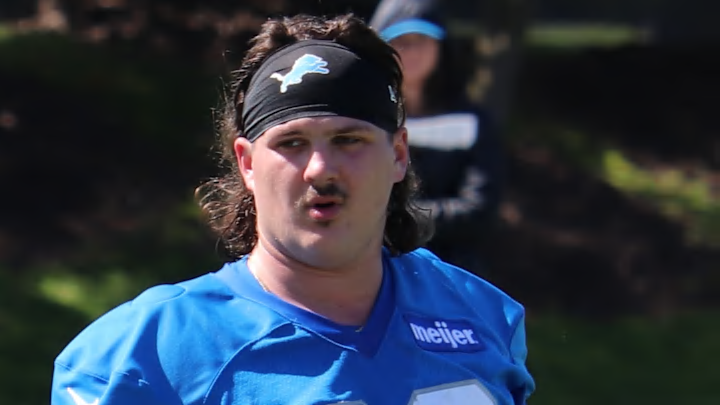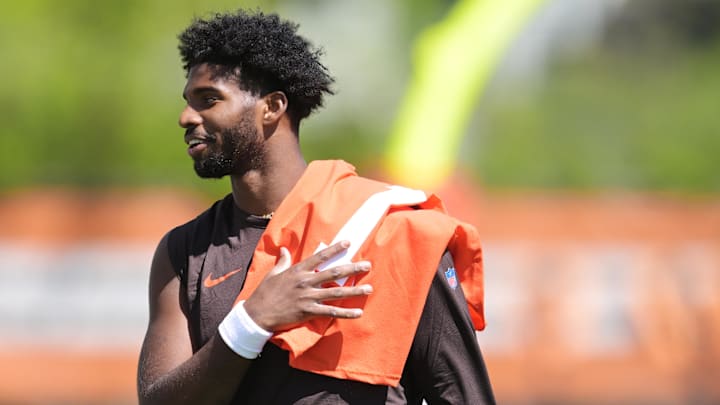CONFIDENCE high after beating champions elect Birmingham City and earning a first-ever win at Burton Albion, the talk around the dinner table at the Radisson Blu in Bristol was not of play-offs but of automatic promotion. Wanderers ’ squad had decamped for their game at the Memorial Stadium on March 11 as a club standing sixth in the table, their fate finally back in their own hands. This was a team revelling in proving wrong those who had doubted them over several months – goals celebrated with peacock poses, fingers pushed on lips, knowing smirks and smiles.
Ian Evatt’s departure at the end of January had been followed by the wholesome cleanse of Julian Darby’s short run as caretaker. The toxicity had disappeared on the terraces and the arrival of a fresh, bright voice in Steven Schumacher, with a bagful of new tactical ideas and a relentlessly positive approach, looked as if it might yet steer a season going nowhere towards a more ambitious goal. Wanderers were eight points behind Wrexham and Wycombe as they waited to board the team bus and make the journey across the city centre to Eastville that day.

The fixture list was testing – but no more so than any other team in the top six. The bravado was back, but for how long? Beaten 3-2 after a madcap second half at Bristol Rovers, those same players walked sheepishly to acknowledge the travelling fans at Lincoln City 40 days later, automatic promotion dreams a distant memory, play-off hopes torn in two. But what went wrong to send a cocksure team hurtling backward at such speed? A run of seven defeats in nine games left them in the bottom four for form, and excitement among the supporters has been quickly replaced by apathy, even concern for the future.
Even Schumacher, whose belief upon taking the job was that the squad he inherited was promotion-worthy, has since checked his optimism and admitted the task of taking this club to the next level is bigger than he initially expected. We broke down some of the reasons why Wanderers came off the rails to leave themselves with nothing but pride to play for with two weekends of the League One season remaining. Wanderers' players walk back after conceding against Wycombe (Image: CameraSport - Alex Dodd) DEFENSIVE RESOLVE An issue all season for his predecessor, Schumacher had not yet managed to find a combination of his defensive options which makes this side look anything like secure.
Bolton had set themselves up in a simple structure during Julian Darby’s two-game run, bringing Will Forrester back to prominence at centre-back in Ricardo Santos’s absence and reducing the risks taken in possession at the back. In Schumacher’s 17 games (all competitions) Wanderers have conceded 27 goals, kept just three clean sheets, and conceded first on 13 occasions. In the manager’s own words, the team has been “too easy to score against” and particularly so in the last few games against Barnsley, Wycombe and Lincoln.
Bolton’s cause has not been helped by injuries – Forrester had been enjoying his best run at the club before being struck down at the start of April, Eoin Toal has not been available consistently and the long-serving Ricardo Santos and Gethin Jones have struggled to force their way in regularly. Of the wider defenders, only Josh Dacres-Cogley could truly be classified as a full-back, and Newcastle United loan Alex Murphy has struggled to find form in that position. Schumacher dropped keeper Luke Southwood after analysing data which suggested Nathan Baxter was the better option.
Of the 33 goalkeepers in League One to have made 15 starts this season, Baxter ranks 26th and Southwood 30th for save percentage. Wanderers have conceded 68 goals – the most since being relegated out of the Championship in 2018 – and have conceded 19 from set pieces, the fourth highest total in the division. John McAtee punches the floor in disgust after a missed chance (Image: CameraSport - Rich Linley) ATTACKING FORCE The number of goals haven’t been a major source of concern for Bolton, and Aaron Collins needs only one more in his final two games to reach 20 in all competitions.
Doubts have been cast on how clinical they are up top – 61 ‘big chances’ missed ranking them the joint-sixth most wasteful attack, according to Opta. The real issue for Schumacher has been the lack of balance. In Collins, John McAtee, Klaidi Lolos and Joel Randall he has a collection of forwards more comfortable playing behind a main striker, rather than as the centre-point of the attack.
Again, Victor Adeboyejo’s season-ending injury did not help, but the loan signing of Kion Etete from Cardiff City – sanctioned by Schumacher on his way in – has been unsuccessful, particularly set against the sale of Dion Charles to Huddersfield Town in the January window. The team has scored 22 times in Schumacher’s 17 games, and of that total McAtee has five, Collins four. Finding a robust number nine to pair with one or both is surely one of the main tasks for the Bolton boss this summer.
Steven Schumacher has been working with a squad that had been fashioned in Ian Evatt's image (Image: CameraSport - Rich Linley) IDENTITY CRISIS Bolton’s squad had been moulded over four-and-a-half seasons by Ian Evatt to play a style of football he felt could both get them out of the division and ‘futureproof’ them in the Championship. Schumacher inherited a technically-sound group, comfortable in possession, but one may also argue that being so homogenised also produces similar weaknesses, particularly in a division which can still throw up contrasting styles. The head coach said on his arrival that his own footballing principles did not differ wildly from those of Evatt, which made the transition smoother.
Indeed, the main visible difference to the way the team played in the first couple of months was that the formation – glued to 3-5-2 under the previous boss – was far more fluid, with multiple in-game changes. Whereas that unpredictability has been cited as a source of strength by the players, it is also true to say that Schumacher’s ‘style’ remains an unknown. In-possession, Bolton have occasionally lapsed back into the latent, frustrating ways that infuriated the supporters during the first half of the season, giving rise to the risible terrace chant: “Sideways and backwards, everywhere we go!” There have been hints that Schumacher wants to mix up the approach, particularly of late when David Abimbola was fast-tracked to the first team to offer some size and strength up front, but without a transfer window we are still waiting for real evidence of the gameplan.
Steven Schumacher tries to rearrange his side at Barnsley (Image: CameraSport - Rich Linley) FRUSTRATIING TIMES Schumacher was able to detach himself slightly in the early weeks, and that calm persona was a departure from the touchline intensity of his predecessor, which seemed to translate on to the pitch. As results and performances wavered, we have seen the new boss show his frustration, not least after a disastrous start at Barnsley when he hooked three players – including both of his full-backs – 10 minutes before half time. Injuries to Josh Sheehan and Jordi Osei-Tutu later in the day would shine a different light on such an emotional decision, with hindsight.
The last few weeks have also given rise to more critical and upfront post-match interviews from the head coach, who even volunteered on Monday that he needed “better players” in the summer to make a genuine promotion push. Bolton pushed the playing budget out for Evatt last summer but the quality of recruitment has not stood up to scrutiny. As a result, there are a large number of contracted and well-paid players who will carry through to next season.
In theory, Schumacher has spaces to fill with the return of loanees and limited numbers who can be released in the summer – but does that necessarily mean he will have the spending power to bring in players who will make an instant difference? And what of the players' mindset for the final two games, or going into the summer? Though fans want culpability, or a certain amount of blood- letting after disappointing defeats, the task of keeping a big group of players from losing morale does not end in a fortnight, it continues into pre-season and beyond. Chris Forino and Nathan Baxter look dejected after another goal went in at Oakwell (Image: CameraSport - Rich Linley) THE 'M 'WORD Mentality has been a topic discussed among Bolton supporters for many years now, stretching back to the pre-Evatt days when the crippling financial and ownership issues and a harrowing administration process had left behind a club that had become 'used to losing games'. Bolton won a high percentage of games under the previous manager, as he would often cite, but the conversation shifted to the type of matches that would be won, and whether the team's style counted against them in the high-pressure occasions - such as local derbies - or against the grittier opponents from the other end of the footballing spectrum.
Even this season, the Whites have supplied evidence to the contrary. They beat Wigan Athletic for the first time in a decade, they won at Burton for the first time ever. And yet just weeks later, the same criticisms are being levelled at the team.
There is a lack of genuine experience in the Bolton squad, particularly players who have actually escaped this division. And as Schumacher pointed out recently, that has also been coupled with a lack of youthful exuberance. As The Bolton News detailed last summer, only a quarter of all beaten play-off finalists have gone on to secure promotion the following year, and Bolton's performances this season have proven the theory.
.
Sports

What next? How Bolton Wanderers' promotion hopes derailed in just 40 days

Bolton Wanderers had fancied their chances of automatic promotion last month but their fall from grace has been sharp and painful.















